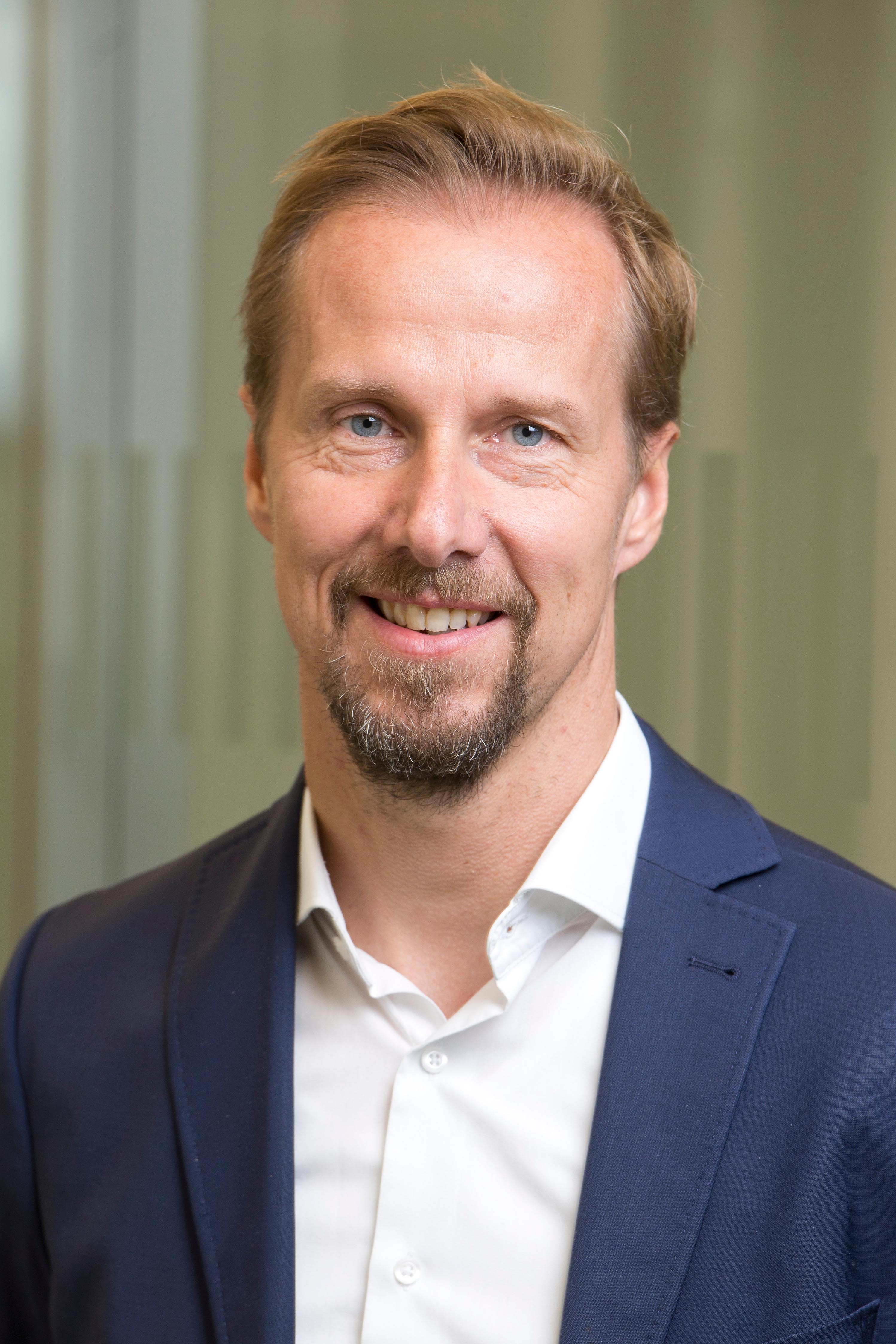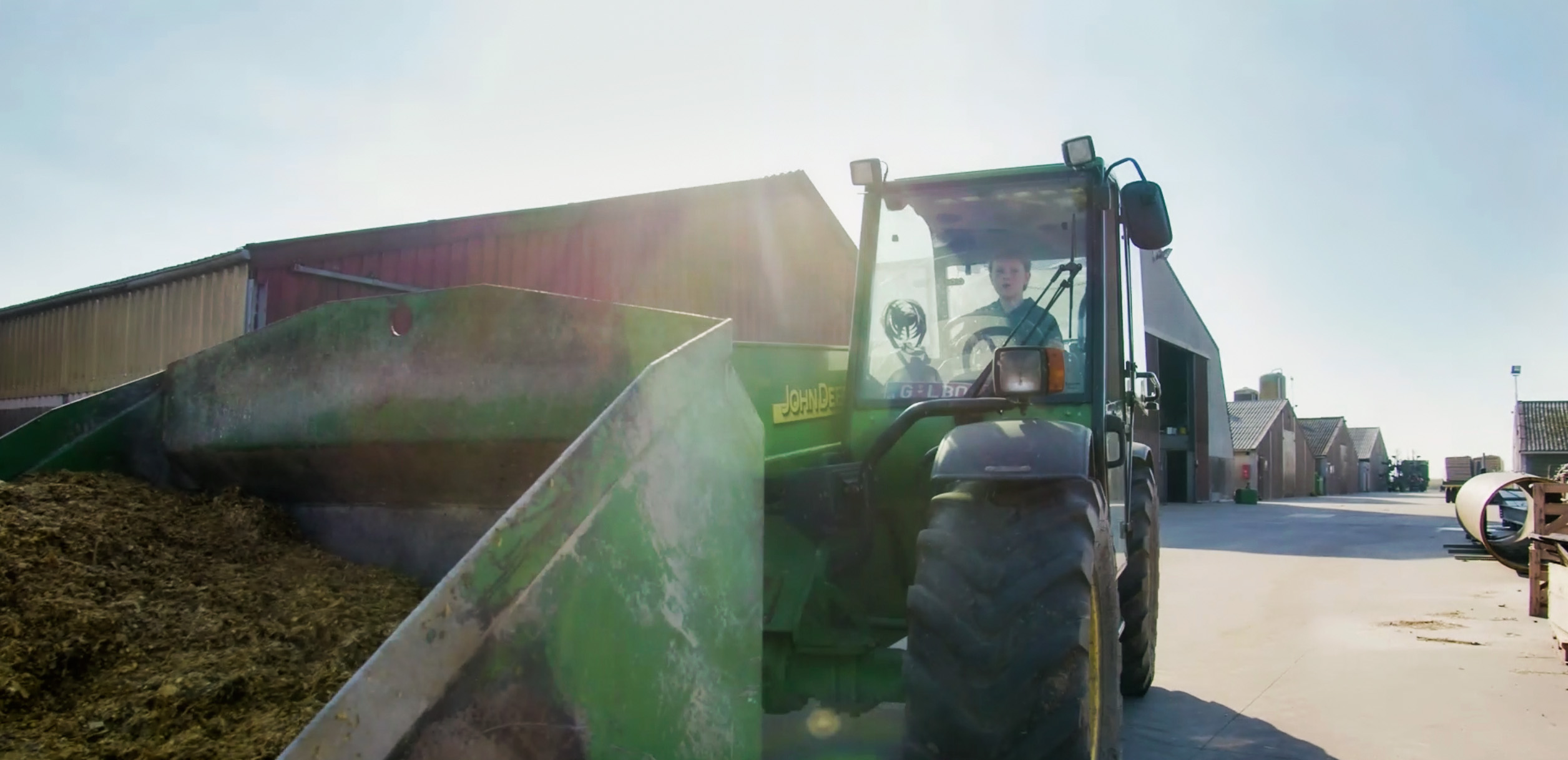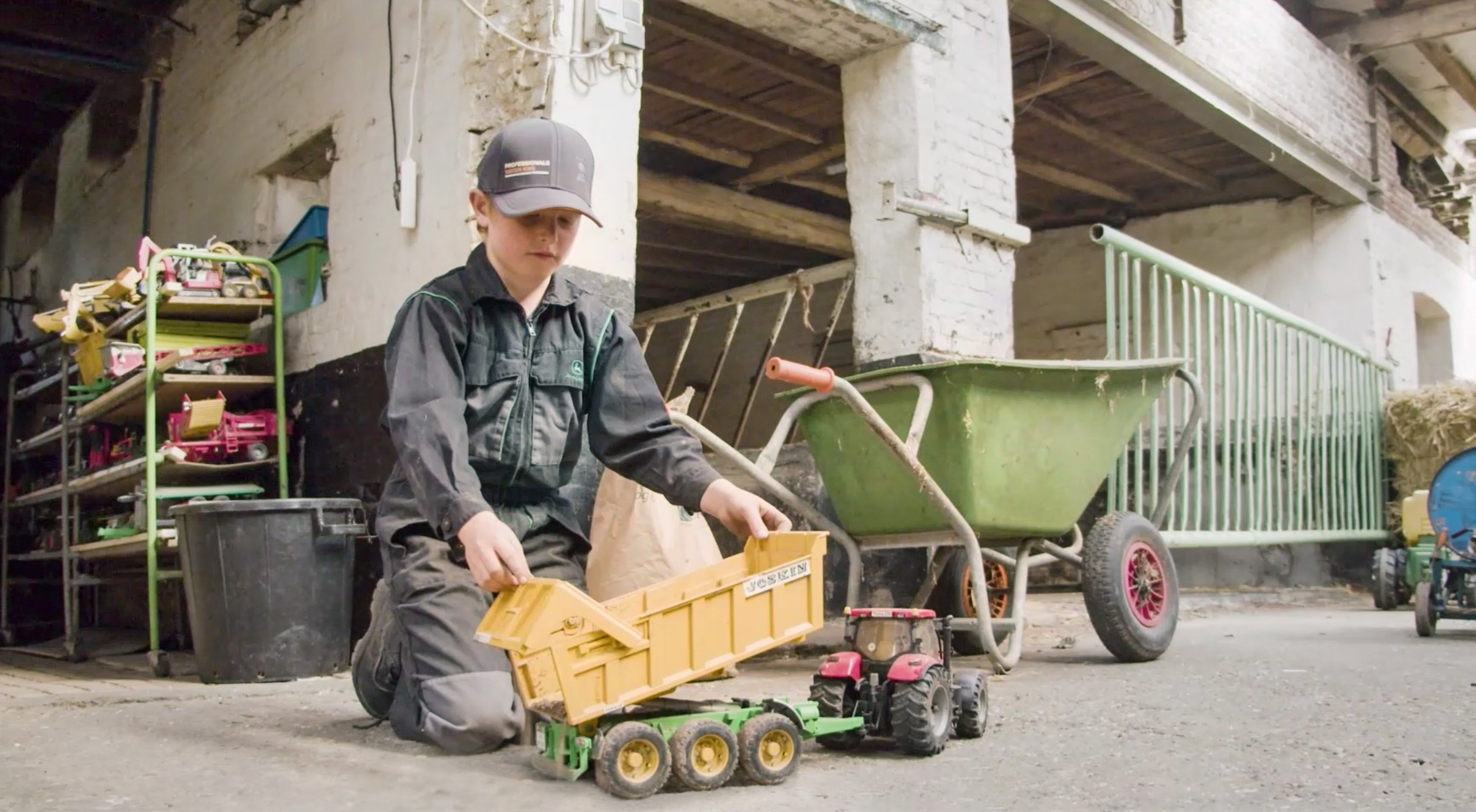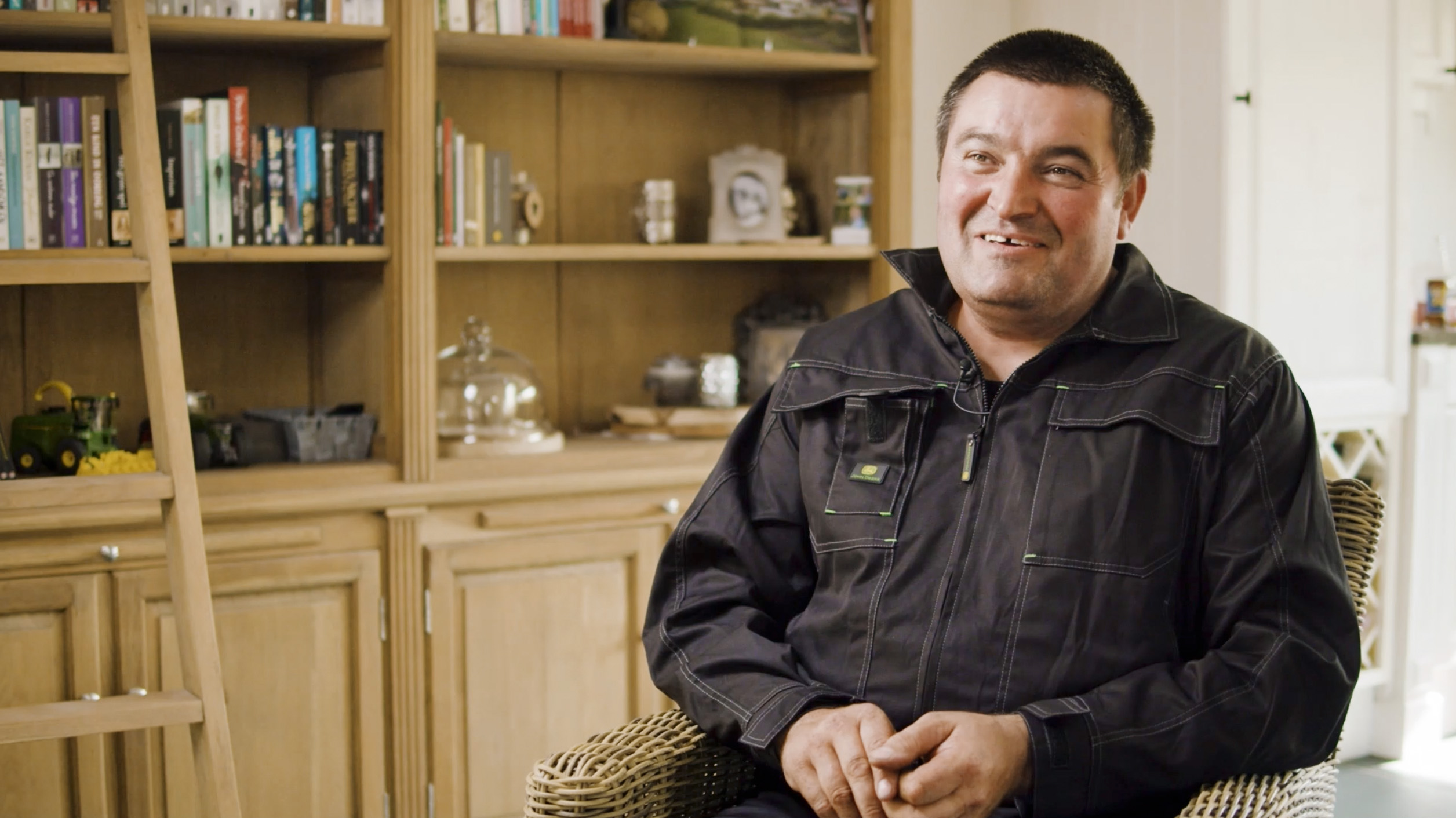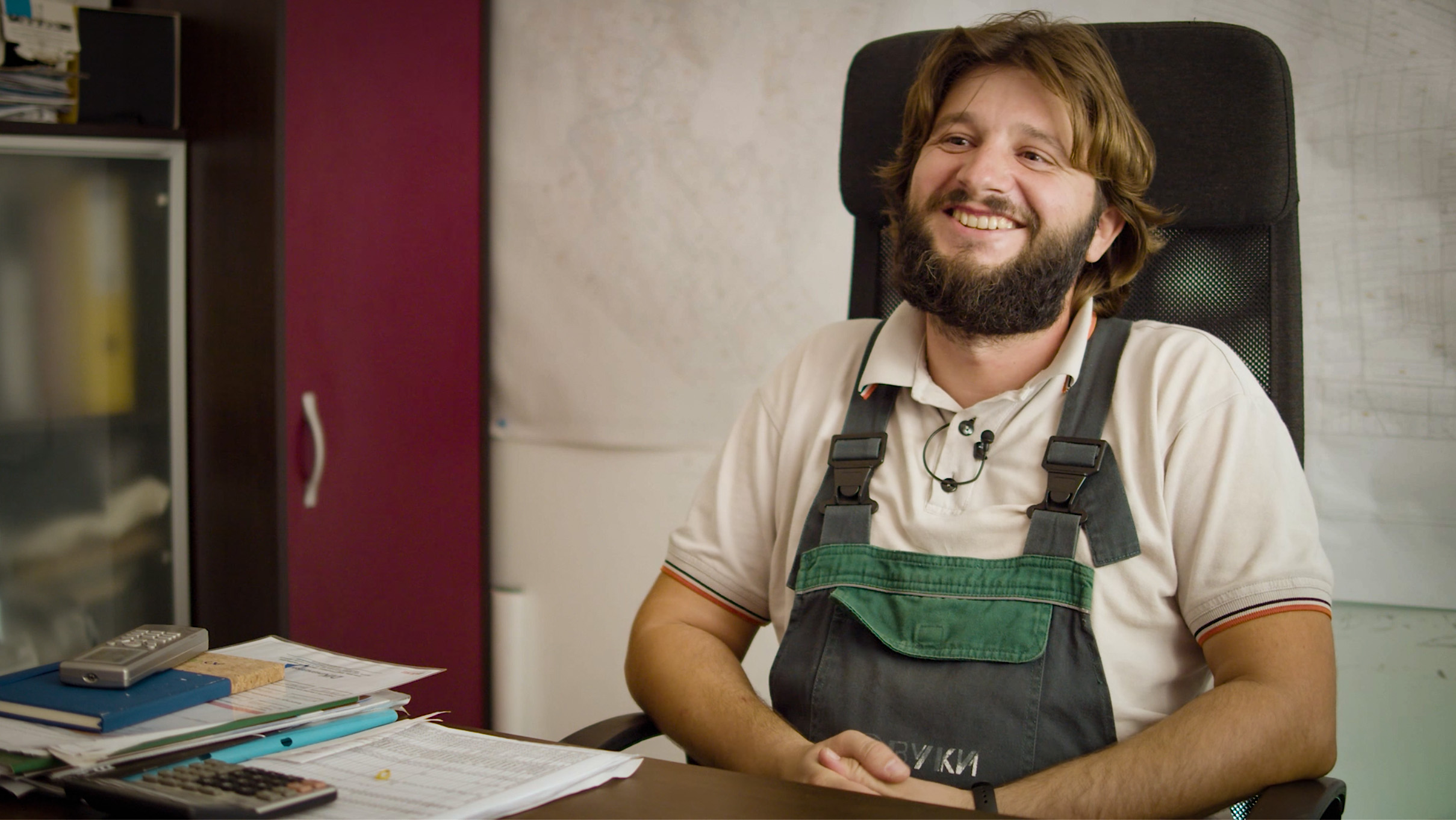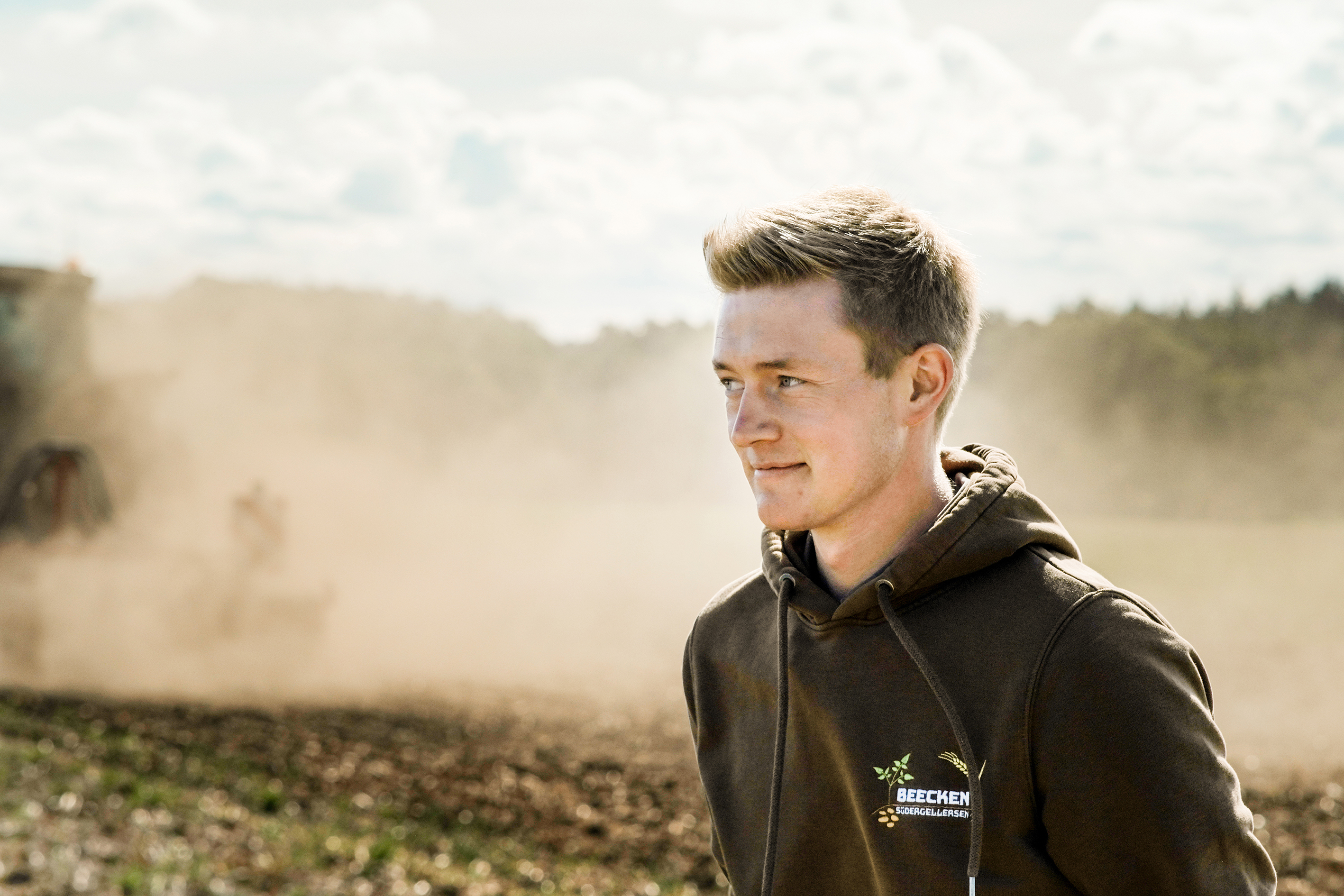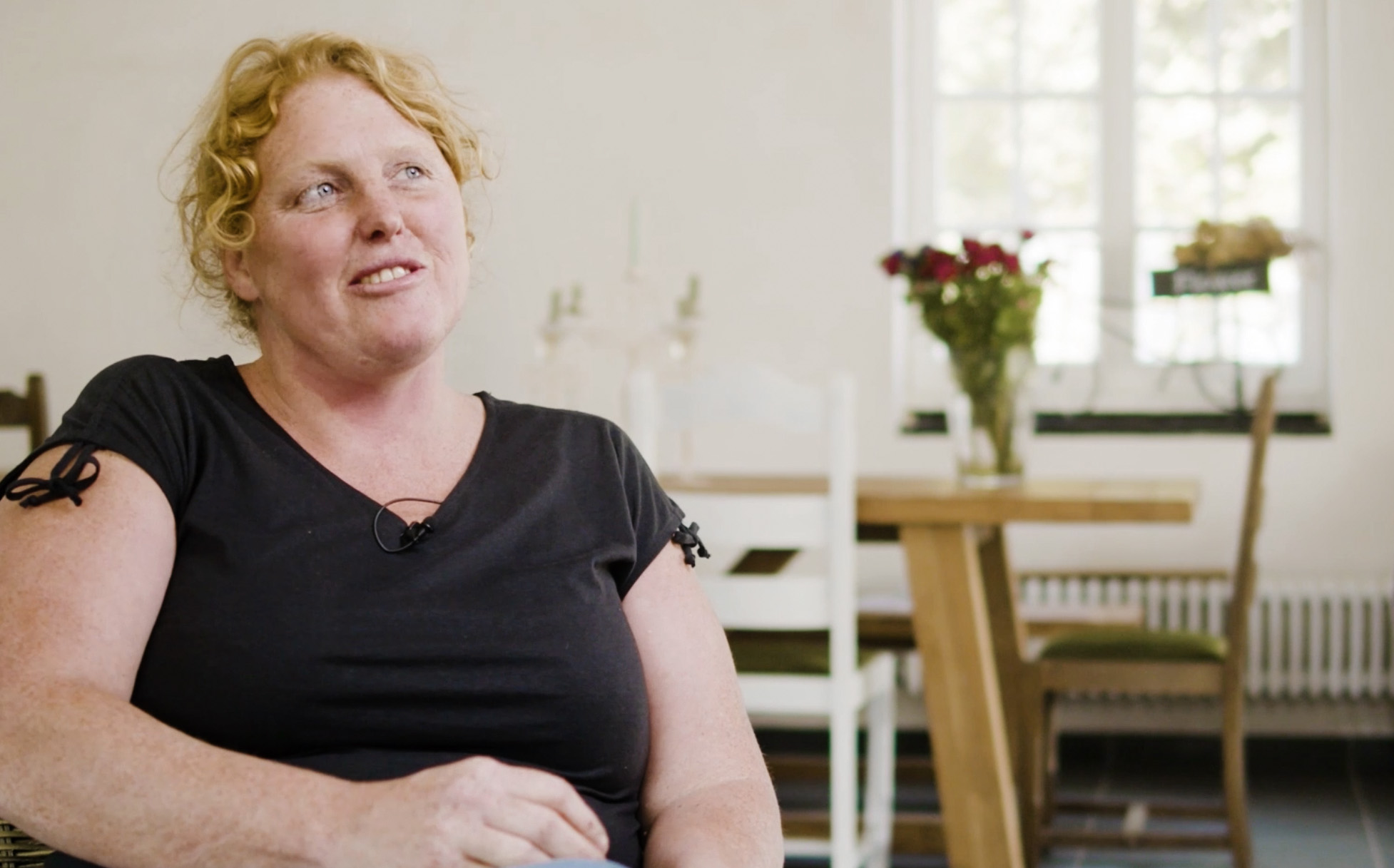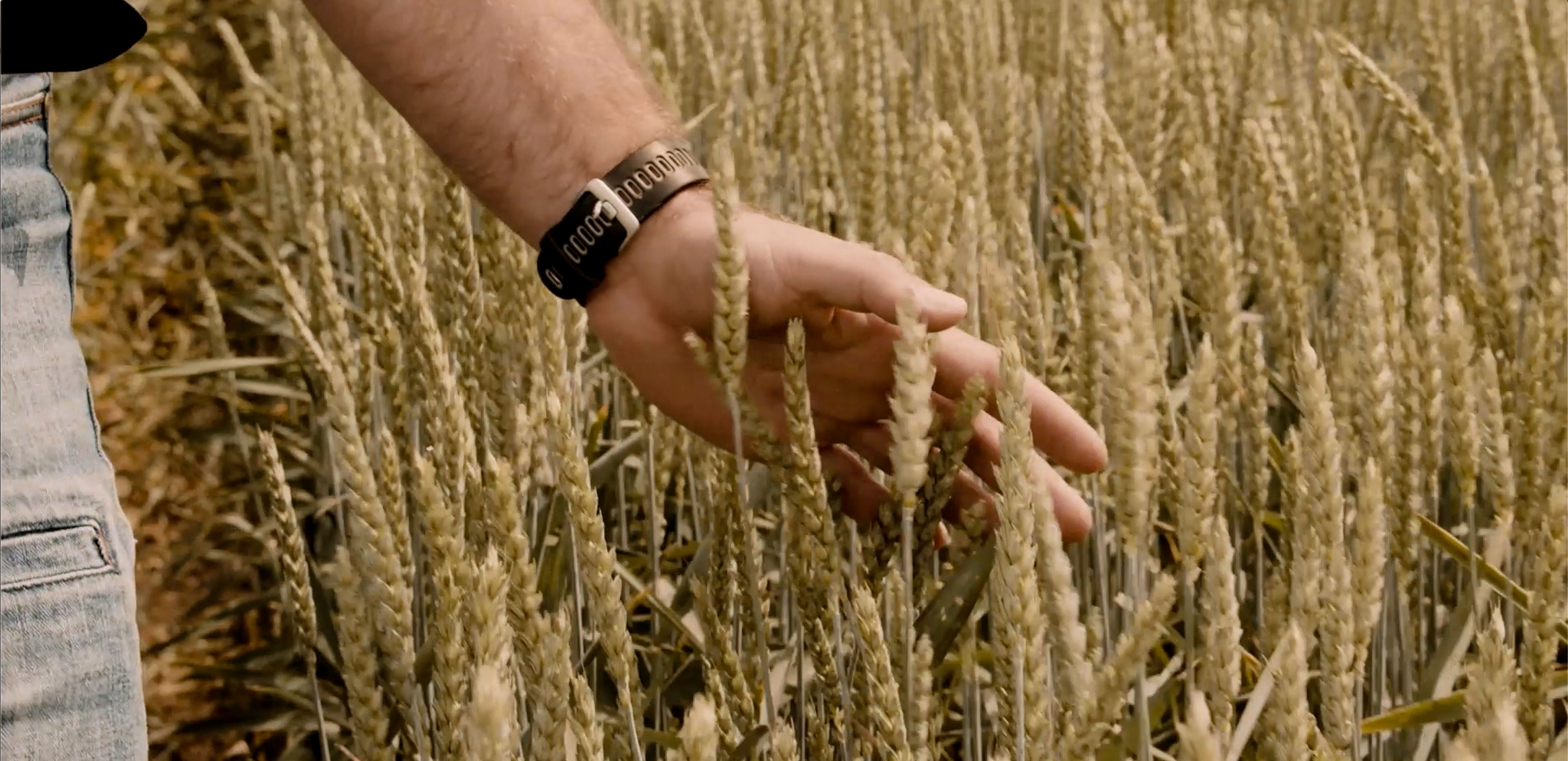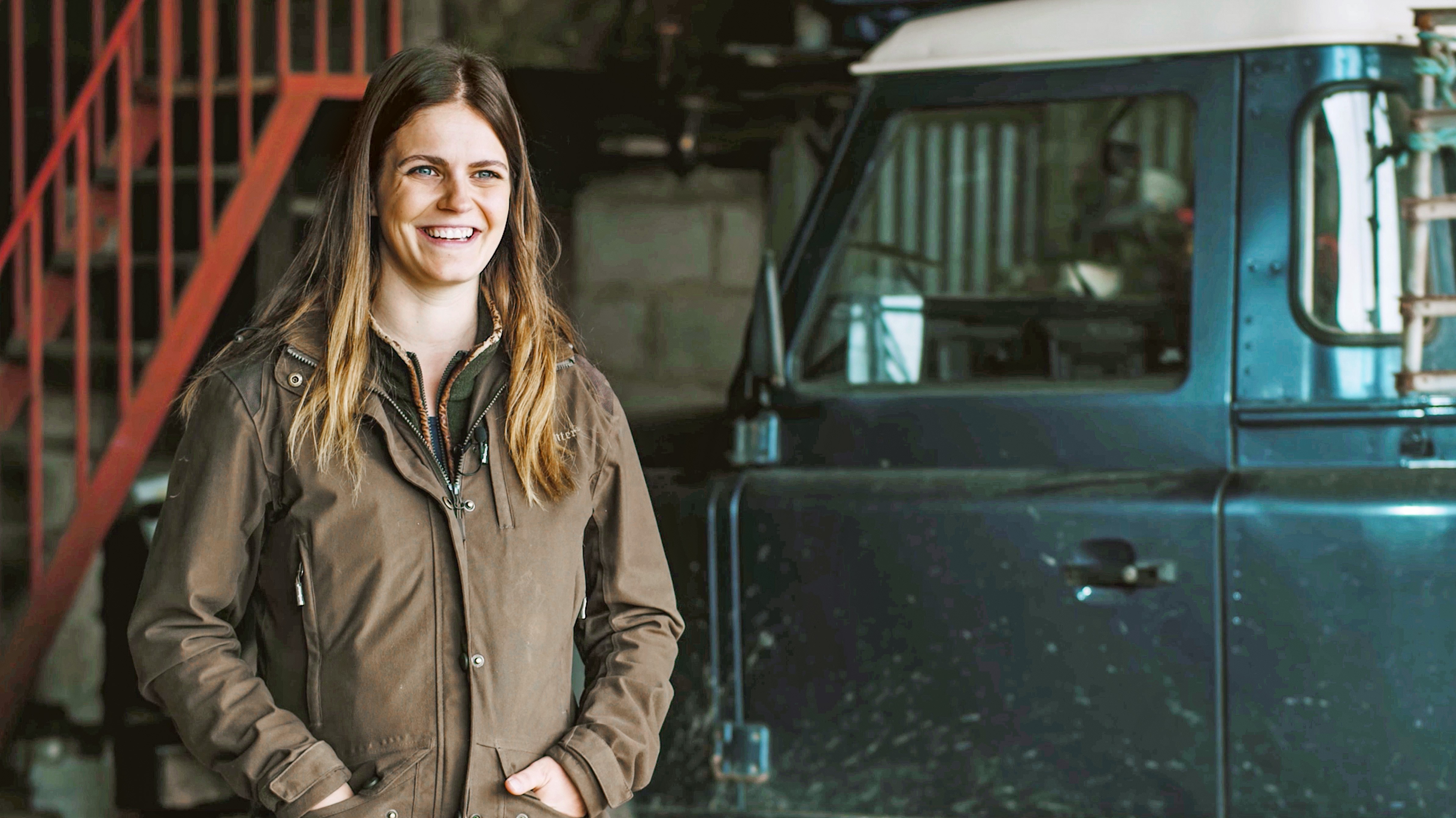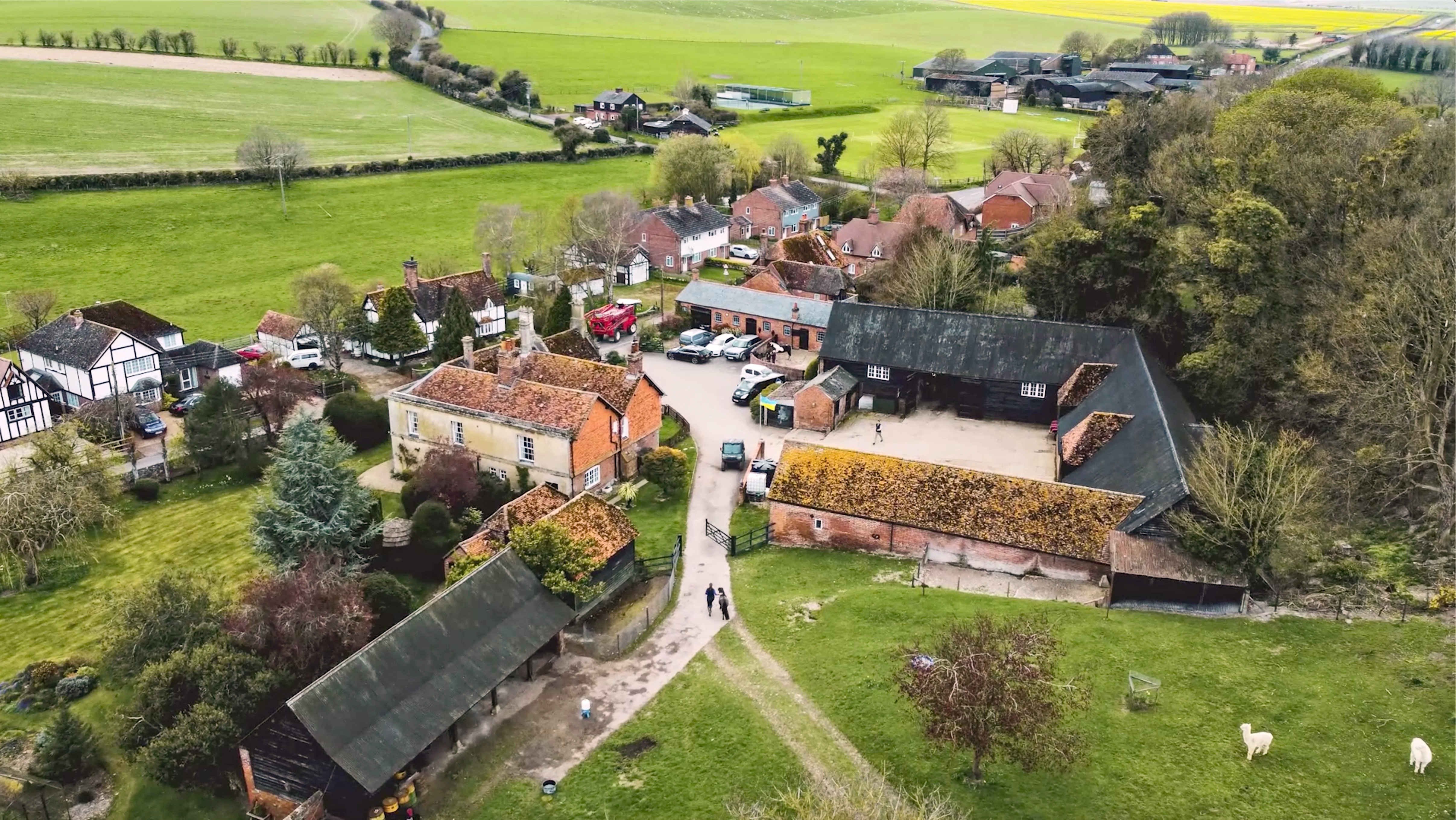Farming Insider: Heidi and Nic Verschelde
About the Verschelde family
Family-run farm where three generations work together.
The Verschelde family are the fourth generation to work their Rapenburg farm.
Farmers Heidi and Nic live on the farm in East Flanders, Belgium, together with Nic’s father and their three children. Alongside Louise and Floor, tractor-mad nine-year-old Viktor already helps actively with the daily work.
Farm facts
Location: Rapenburg, Province of East Flanders, Belgium
Crops cultivated: Corn
Special features: The livestock kept on the farm are dairy cows, suckler cows, and broiler hens. Mother Heidi opens the farm to children ages three to 12 and teaches them about dairy farming as part of the “Melk4Kids” program. With resident bats, birds of prey, a bee hotel, a frog pool, and an orchard, Rapenburg farm goes beyond livestock farming to teach young visitors about the diversity of a healthy ecosystem.
Of course, there are rules and things you have to do effectively. But there is also a freedom you have on a farm: the freedom to be out in nature every day
Question time
Heidi, when we were walking around the farm earlier, we passed by a kind of mini-farm. What’s that all about?
Heidi: Oh, our youngest son Viktor is the best person to explain that.
Viktor: I’ve got a sandbox and my own garden. I’ve turned both of them into my own farm with all these tractors. I help mom and dad a lot; sometimes I work on the land or I do things in my garden. I really like it.
What is it about farming that you like so much?
Viktor: I want to be a farmer one day because then I can be out in the fresh air a lot. Otherwise, you sit inside all day, and I don’t really like doing that.
Heidi and Nic, it sounds like the next generation of Verscheldes is already waiting in the wings.
Nic: Yes, we would like our children to take over the business with complete passion and love, just as Heidi and I took it over from my father. We see that now with Viktor as well. Everything we have done in the fields or on the farm he imitates in the garden. That’s the beauty of it: When he sees something, he recreates it entirely himself.
Heidi: As far as the next generation is concerned, our children are always free to do whatever they want later on. But I think that in our case, the youngest ones are really interested in agriculture and especially the mechanical part, the tractors and things like that.
Aside from playful approaches such as the tractors, what other aspects can be introduced to the youngest generation today to familiarize them with agriculture?
Heidi: I can’t imagine being sat at a desk all day or doing anything else, and I think that’s an aspect we can also make clear to the youngest generation. Of course, there are effectively rules and things you have to do. But there is also a freedom you have on a farm: the freedom to be out in nature every day. At the same time, the next generation is the one facing a huge number of challenges in agriculture. Crops need to become more resistant to droughts and wet years, and the soil needs to be kept fertile. I think the next generation is showing a keen sense for the importance of nature.
Nic: I also think it’s important to pass on to the children that we take care of nature. We take something from nature and give something back in return. Heidi is especially good at that.
Heidi, you bring farming and society together. What specifically are you doing in this regard?
Heidi: I do that mainly by making a lot of school visits, but also by opening up the farm a little to the outside world. We need to narrow the current gap between citizens and farmers. I think it’s very important that we do it now.
Bringing citizens and farmers back around a table together is an important building block in the agricultural sector. But fostering an understanding of the achievements and challenges within the different generations on a farm is also a piece of the puzzle, and you’re already doing a great job of this in Rapenburg.
Heidi: I find it hugely interesting to see how grandpa works with Viktor, the youngest generation. Grandpa still helps a lot on the farm, and he is sometimes in the milking pit earlier in the morning than I am. I think it’s in his blood. He helped build the farm, and he still has so much passion for farming within him.
Nic: When I see that, I hope that we will still be able to help our children later on, too.
Paving the way. For a fruitful tomorrow.
Life on the farm is often characterized by family cohesion and traditions that have grown over decades. Around the world, many generations live and work on farms under one roof, and at some point the question of farm succession arises. Our farmer portraits deal with this generational change that many farmers face. Whether young or old, we visited farmers on their farms and let them tell us about their stories, their challenges and their hopes.
Your contact
